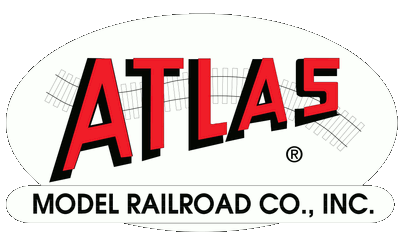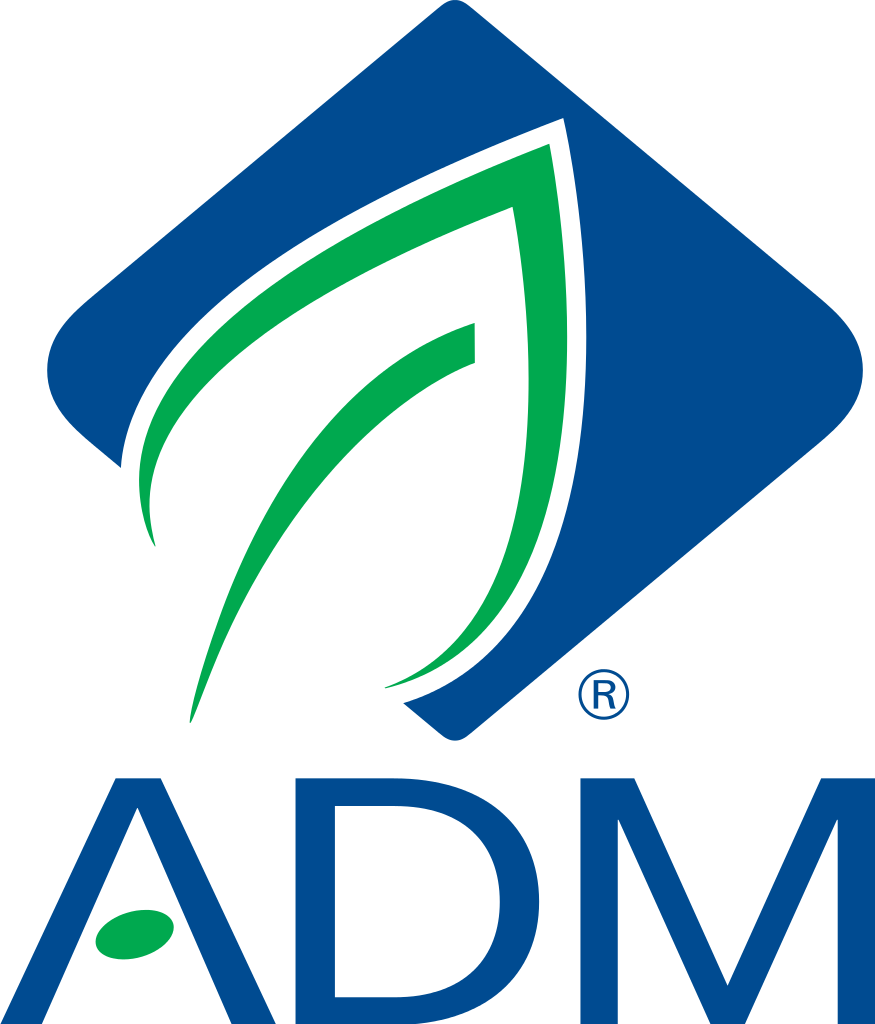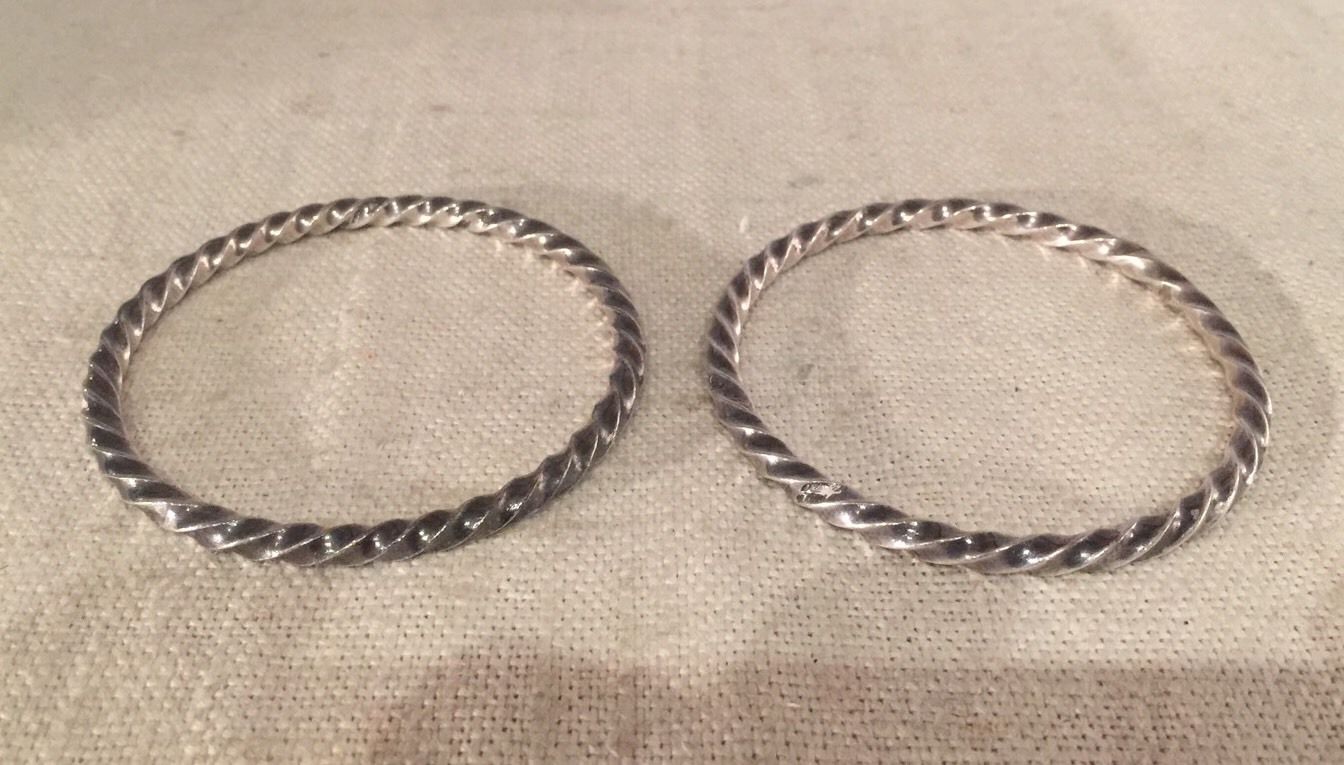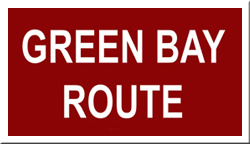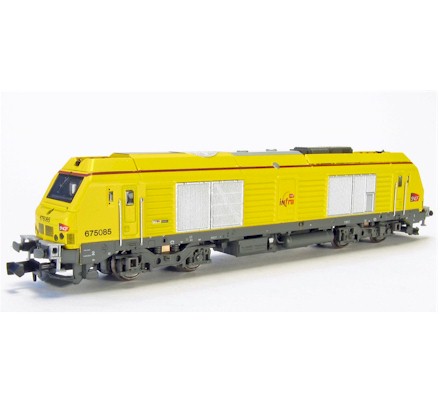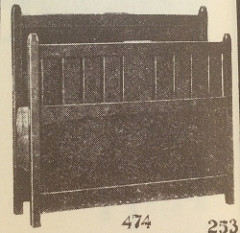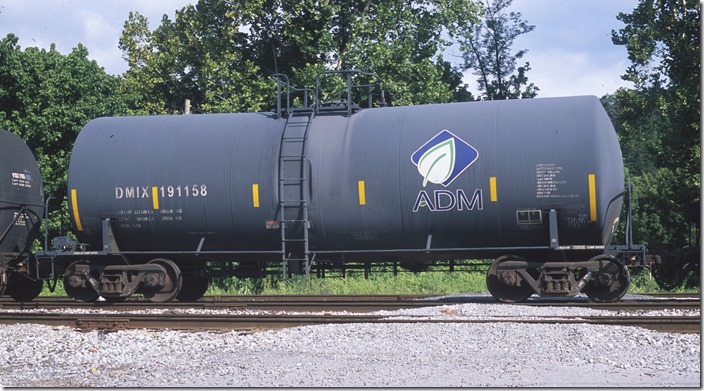Body Style Information: The 17,600 Gallon Corn Syrup Tank Car was built in large numbers by Trinity Industries between 1984 and 1998. They are commonly used in the transport of corn syrup, liquid sugar and molasses from processing facilities to bulk distribution centers. Over 7,000 cars were built and most remain in active service today.
Features: Three separate styles of manway / platform / ladder arrangements (used as appropriate per road name) Fine scale railings Separately applied brake rigging Separately applied manway “clamshell”-style cover (used when appropriate per road name) 100-Ton Roller Bearing Trucks Accurate painting and printing Full stand-alone brake system details Bottom outlet valve detail Stand-alone heater coil pipes Highly detailed body with prototypical jacket seams See-through top platform grating AccuMate® couplers
Features: Three separate styles of manway / platform / ladder arrangements (used as appropriate per road name) Fine scale railings Separately applied brake rigging Separately applied manway “clamshell”-style cover (used when appropriate per road name) 100-Ton Roller Bearing Trucks Accurate painting and printing Full stand-alone brake system details Bottom outlet valve detail Stand-alone heater coil pipes Highly detailed body with prototypical jacket seams See-through top platform grating AccuMate® couplers
Prototype Information: The 17,600 Gallon Corn Syrup Tank Car was built in large numbers by Trinity Industries between 1984 and 1998. They are commonly used in the transport of corn syrup, liquid sugar and molasses from processing facilities to bulk distribution centers. Over 7,000 cars were built and most remain in active service today.
The cars followed a common bent-barrel tank design that helps the product drain and unload easier. These cars are jacketed and insulated, and have exterior coil pipes to heat the commodity to promote faster unloading. Midland food-grade butterfly unload valves and Midland exterior spring safety valves were common appliances used on these cars. The biggest variation in the car production was in the manway / top platform arrangement. Several arrangements were specified by large shippers; for example ADM, Cargill, Corn Products, GATX, MCP, and Staley to name a few.
These tank cars are commonly used to transport varying grades of Corn Syrup, Liquid Sugar, and Molasses from processing facilities to bulk distribution centers and other end-users throughout the US and Canada. They are a very common sight on today's railroads, and they have been for two decades. This initial release features three of the most common manway/top platform arrangements as specified by ADM, Cargill, and Corn Products (among others).
The cars followed a common bent-barrel tank design that helps the product drain and unload easier. These cars are jacketed and insulated, and have exterior coil pipes to heat the commodity to promote faster unloading. Midland food-grade butterfly unload valves and Midland exterior spring safety valves were common appliances used on these cars. The biggest variation in the car production was in the manway / top platform arrangement. Several arrangements were specified by large shippers; for example ADM, Cargill, Corn Products, GATX, MCP, and Staley to name a few.
These tank cars are commonly used to transport varying grades of Corn Syrup, Liquid Sugar, and Molasses from processing facilities to bulk distribution centers and other end-users throughout the US and Canada. They are a very common sight on today's railroads, and they have been for two decades. This initial release features three of the most common manway/top platform arrangements as specified by ADM, Cargill, and Corn Products (among others).
Road/Company Information: As the world's population grows, so does demand for quality foods, feed ingredients for livestock, alternative fuels, and environmentally friendly alternatives to traditional chemicals. As one of the world's leading agricultural processors, ADM plays a pivotal role in meeting all of these needs.
ADM produces the food ingredients, animal feeds and feed ingredients, biofuels and other products that manufacturers around the world use to provide wholesome food and a better life to millions of people around the globe.
From the ADM Website
ADM produces the food ingredients, animal feeds and feed ingredients, biofuels and other products that manufacturers around the world use to provide wholesome food and a better life to millions of people around the globe.
From the ADM Website
Brand/Importer Information: In 1924 Stephan Schaffan, Sr. founded the Atlas Tool Company in Newark, New Jersey. In 1933 his son, Stephan Schaffan, Jr., came to work for his father at the age of sixteen. Steve Jr. built model airplanes as a hobby and frequented a local hobby shop. Being an enterprising young man, he would often ask the owner if there was anything he could do to earn some extra spending money. Tired of listening to his requests, the hobby-store owner threw some model railroad track parts his way and said, "Here, see if you can improve on this".
Atlas has made a ton of wonderful products throughout the years and we often get questions one whether we have run a certain road name on a particular model. It should be noted that Atlas locomotives and rolling stock are greatly appreciated for their superior operating and running characteristics. Atlas products are also well known for their outstanding collectability not only due to their superior prototypical workmanship, details and decoration, but because there are relatively so few of them made. Each and every production run has been carefully built to market demand, meaning almost every piece in any given run is sold out by Atlas on arrival or shortly thereafter, thus creating a built in collectors market.
Atlas has made a ton of wonderful products throughout the years and we often get questions one whether we have run a certain road name on a particular model. It should be noted that Atlas locomotives and rolling stock are greatly appreciated for their superior operating and running characteristics. Atlas products are also well known for their outstanding collectability not only due to their superior prototypical workmanship, details and decoration, but because there are relatively so few of them made. Each and every production run has been carefully built to market demand, meaning almost every piece in any given run is sold out by Atlas on arrival or shortly thereafter, thus creating a built in collectors market.
Item created by: devsummers428 on 2020-05-26 09:26:07. Last edited by devsummers428 on 2020-05-26 09:26:08
If you see errors or missing data in this entry, please feel free to log in and edit it. Anyone with a Gmail account can log in instantly.
If you see errors or missing data in this entry, please feel free to log in and edit it. Anyone with a Gmail account can log in instantly.



